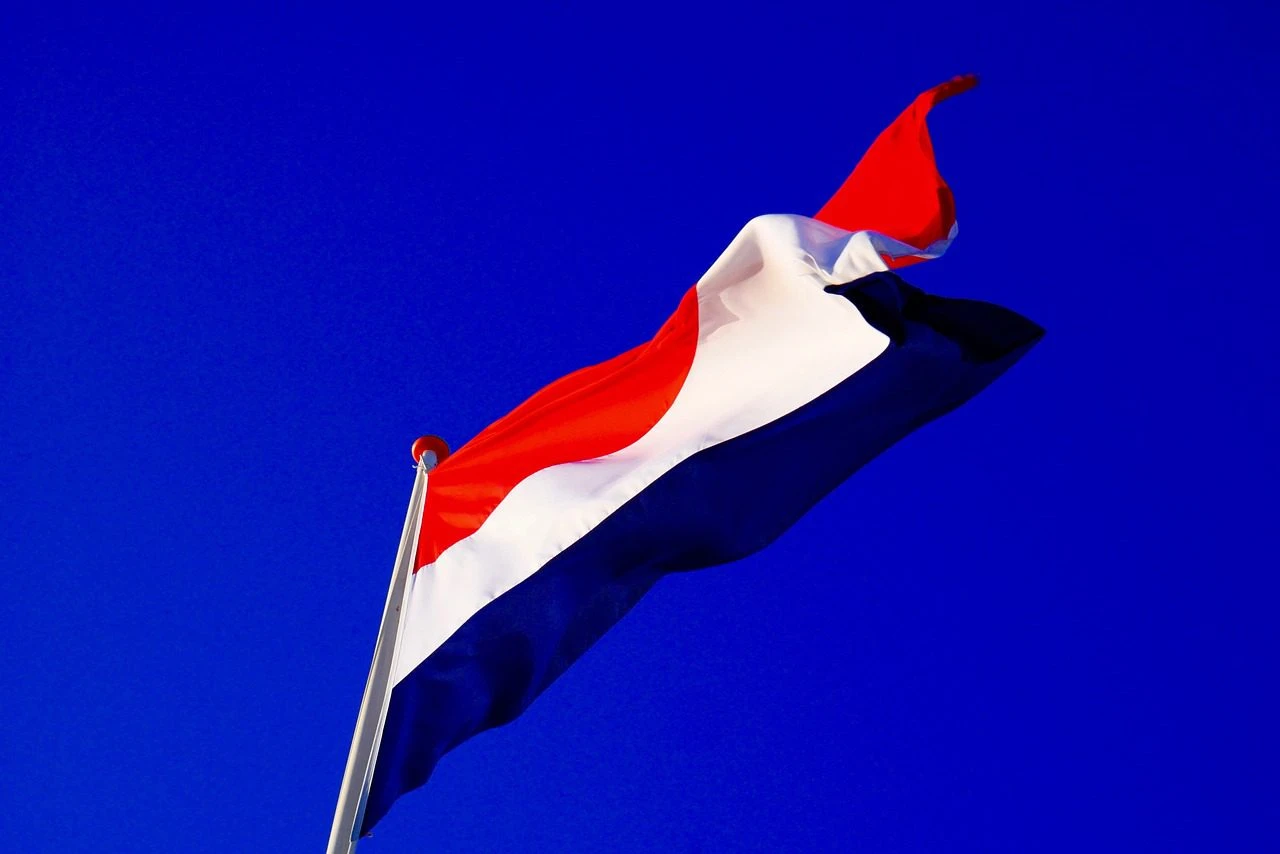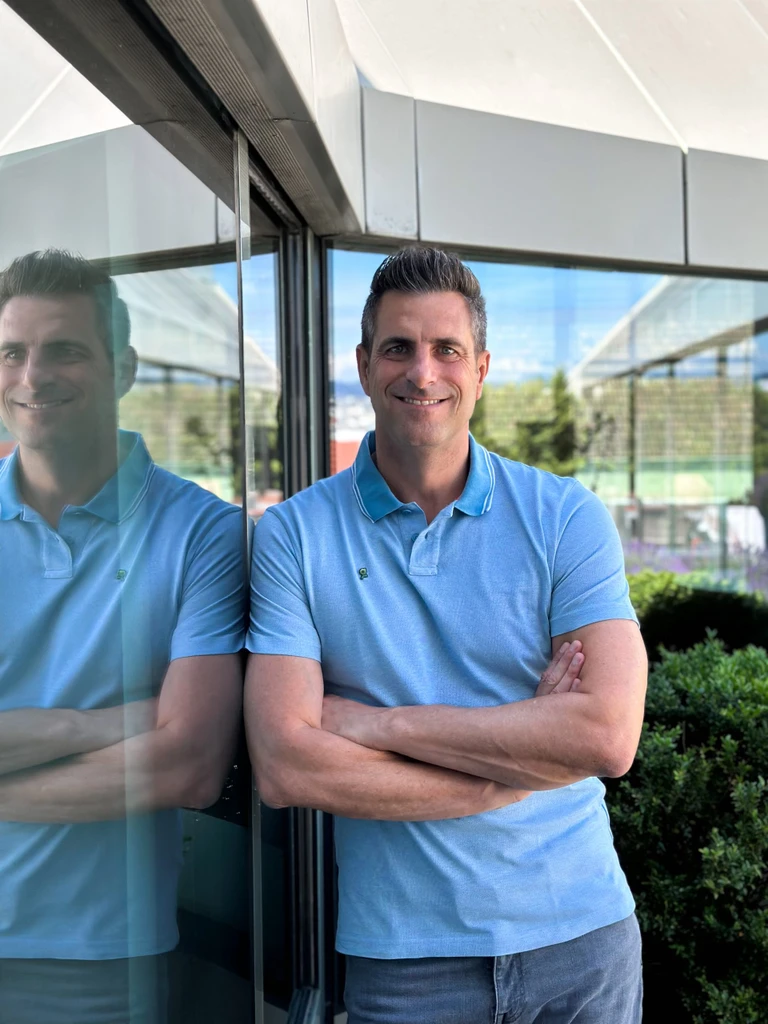Navigating market challenges: Greentube on sustainable slots growth in the Netherlands

Opening its doors in late 2021, the Dutch market is one that’s found its way into the priority lists for many betting and gaming operators looking to extend their European footprint. With a population that has a penchant for both sports and casino, it’s easy to see this market is an attractive proposition.
The journey to regulation has, however, been a long and winding one. The Remote Gambling Act (KOA) was originally pencilled in to be introduced in 2020, but it was pushed back to April 2021, with the market officially opening in October of that year.
In the three years since, the market has faced a number of regulatory and legislative challenges including new demands regarding player protection.
Understanding player behaviours
Despite these challenges, there’s been a plethora of opportunities for Greentube. With B2B licences in Alderney, Belgium, Gibraltar, Malta, Romania and the UK, and then B2C certifications covering Italy, Romania, the German region of Schleswig-Holstein, Spain and the UK, Greentube is well-versed in navigating new market entries.
That knowledge comes with an in-depth understanding of how to best deliver a more localised approach for each market. Duschek explains, “As with any market, content preferences differ slightly, and research must be conducted to have an idea of what the local audience wants before launch.
“A hyper-localised approach has proven to be the most successful for us and we’re working closely with our operator partners to deliver on this in each market.”
The key to a successful Dutch market entry, according to Duschek, has been a strong understanding of player behaviours and preferences. Without this, he suggested that any operator or supplier is going to struggle.
After carrying out its own research on the market dynamics, Greentube found that fruit machine titles – often associated with brick-and-mortar casinos – proved to be an extremely popular vertical with players across the Netherlands. It, therefore, seemed like a natural decision for Greentube to focus its attention on developing digital versions of land-based titles to best cater to players.
Duschek says, “In the Netherlands specifically, fruit machine titles made popular from the land-based space are still high-performing. In fact, certain market studies have shown that these classic slots make up around 35% of the total online slots market in the country.
“To ensure we could provide online versions of these, we acquired a local supplier in 2021 who had a successful track record of developing this localised product. Now Greentube Netherlands’ portfolio is resonating extremely well with Dutch players and has allowed us to work with all leading licensed operators there.”
Engaging with players
Rather than attempt to ‘reinvent the wheel’ when it comes to slot design, Duschek explained that Greentube opted to ‘stick with the classics’ in the Dutch market for a number of different reasons. Classic titles, as seen in the brick-and-mortar casinos, can often bring a sense of familiarity to players, making it much easier for operators to market these titles to their audience.
“We have our own games such as Random Runner and Simply Wild, which are names that are well-known among players in the Netherlands. It is common for players to search for these game names and find a casino to go and play them with. Therefore, if you don’t have digital versions of land-based best-sellers, you risk missing out on attracting this audience.”
According to Duschek, the acquisition of players when marketing classic titles is also much more cost-effective, as it reduces the need to spend large amounts of the budget on operator branding. In his view, “it’s definitely worth investing in offering localised content”.
Adhering to regulations
Changes in game design can be a great way for a developer to cut through the noise of a competitive industry, and instead offer a fresh twist on a classic title. But in the Netherlands, the incorporation of new design features and mechanics is much easier said than done.
As a result, companies must find new and innovative ways of creating more personalised content that resonates with players and delivers on a truly unique experience.
“In markets where regulations might restrict certain features or mechanics, we adapt to develop content that can still offer great entertainment and excitement. A more innovative approach might be necessary so we can introduce new and creative ways to keep the player engaged,” Duschek explains.
“Localisation and a more personalised approach are becoming increasingly more important overall as a one-size-fits-all proposition simply doesn’t work. Our Greentube Netherlands team is solely focused on the Dutch market and that puts us in a great position to deliver appealing and high-performing content that resonates there.”
In order to identify exactly what types of content will engage players, there are a number of factors that operators must analyse before entering the Dutch market: market size, economic indicators, consumer behaviours and regulatory changes.
“Understanding these preferences is crucial for tailoring marketing strategies and ensuring customer trust and engagement,” he adds. “Analysing the competitive landscape helps identify key players and market gaps, allowing new entrants to differentiate their offerings and establish a unique market position.
“The regulatory environment is stringent, with the Netherlands Gambling Authority (Kansspelautoriteit) enforcing comprehensive licensing requirements and strict adherence to responsible gambling regulations. Infrastructure and logistics data ensure efficient digital operations and seamless user experiences. Leveraging advanced payment solutions and robust cybersecurity measures is essential.
“Combining these insights enables operators to craft targeted marketing campaigns, ensure regulatory compliance, and develop a secure, user-friendly platform, significantly enhancing the chances of a successful launch and sustainable growth in the Dutch online casino market.”
A collaborative effort: Listening to what operators actually need
Duschek believes that collaboration with operators is the key to building and releasing content that has genuine market demand.
“We work closely with operators to understand their needs and are happy to share our experiences of what content works best in certain markets. This plays into our wider business strategy as well where localisation is key.”
For operators, partnering with a supplier that is up to date with the ever-changing regulatory landscape is paramount to a successful launch in a new market.
“Greentube’s compliance teams are continuously monitoring regulatory and legal developments in all markets to ensure a compliant product offering and on time delivery. This is hugely important in order to be a leading supplier in the online casino space, and we take it very seriously.
“A huge benefit for us as a company is that we are also an operator in numerous markets so we can take learnings from that. It means we better understand the impact that regulatory changes can have on an operator, and we can quickly implement that into our game development. The industry requires agility and at Greentube we are always ready to adapt as regulations evolve.”
Looking to the future
For Greentube, the Dutch market is brimming with potential to deliver new and engaging experiences to a new, engaged audience. But in order to maintain steady growth, the team has been keeping a close eye on recent legislation developments and how that may impact the development of the Dutch igaming market.
According to Duschek, Greentube’s extensive knowledge of the market puts it in a strong position for growth going forward.
“Legislation and regulations are now a normal part of every operator’s day-to-day business and as a sector, we are all tracking the developments in both established and emerging jurisdictions.
“It can certainly restrict growth if the restrictions are very harsh, but we also support a healthy marketplace where players are protected. We respect each country’s legislation and regulations. To enter a new market is a business decision we take after extensive research and consideration where we weigh up the required investment with the perceived potential.”

Andy Duschek, Greentube’s regional manager
